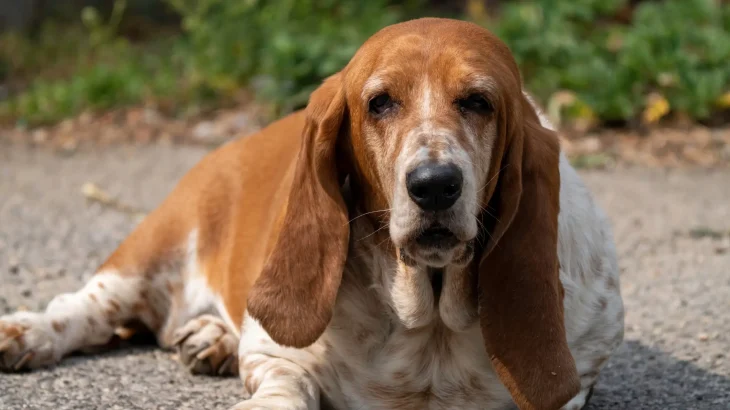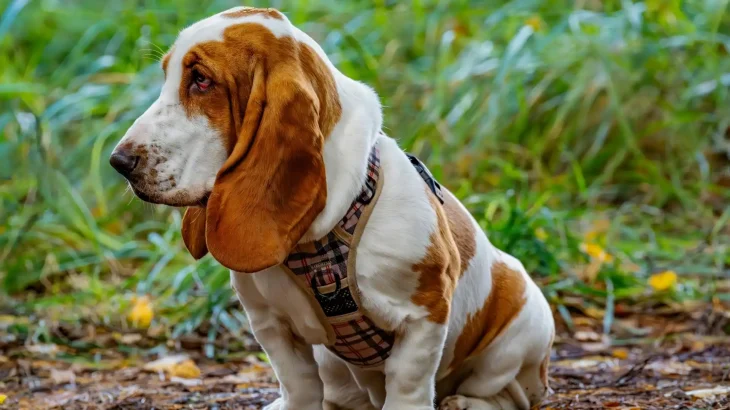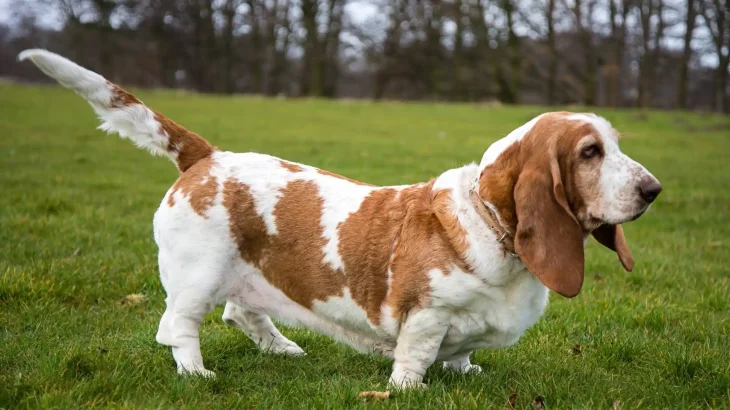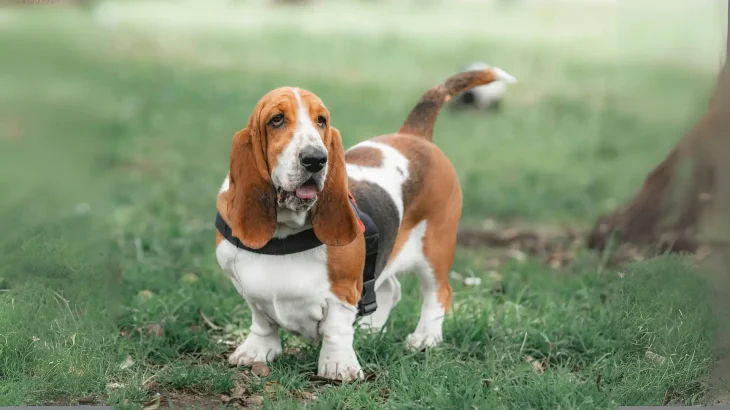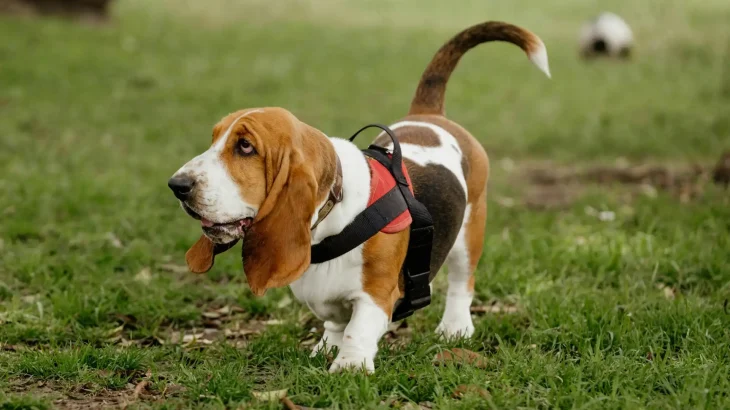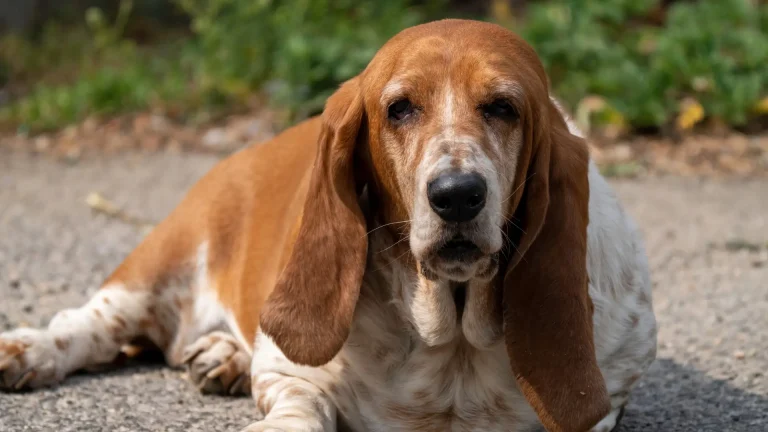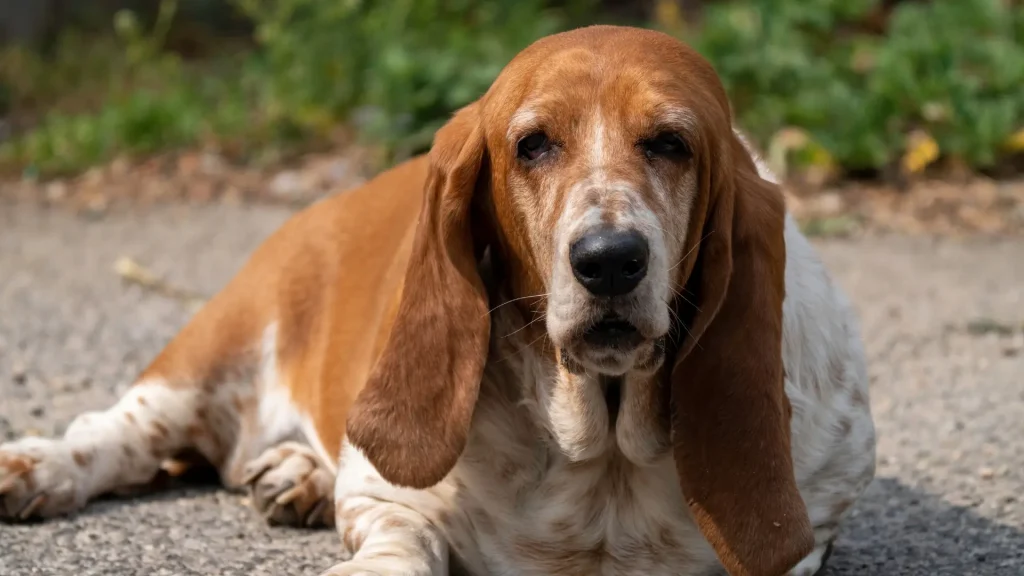Deciding whether to adopt or purchase a Basset Hound puppy involves weighing factors like cost, health information, and ethical considerations specific to this breed. While buying from a breeder offers the assurance of known lineage and health screening, adoption provides a way to give a deserving dog a home and often comes with fewer upfront expenses.
Adoption vs. Breeder: Pros & Cons
| Criteria | Buying from Breeder | Adopting from Shelter/Rescue |
|---|---|---|
| Cost | Generally higher, often ranging from $800 to $2,000 for Basset Hound puppies. | Typically lower adoption fees between $150 and $400, sometimes covering vaccinations and spaying/neutering. |
| Health History | Breeders usually provide detailed health records and genetic testing results for breed-specific concerns. | Health history may be incomplete or unknown, though many rescues perform basic health checks and provide veterinary care. |
| Age Availability | Primarily young puppies, allowing early bonding and training opportunities. | Varies from puppies to adult dogs, which might suit adopters open to dogs of any age. |
| Temperament Insight | Breeders can share lineage traits and socialization progress specific to Basset Hounds. | Adoption groups may offer behavior assessments but less insight on lineage. |
| Supporting Practices | Supports breeding programs aiming to preserve breed standards but requires careful breeder selection to avoid unethical practices. | Supports animal welfare by providing homes for dogs in need and helping reduce overpopulation. |
| Risk of Genetic Disorders | Lower risk when buying from ethical breeders who screen for breed-related health issues like ear infections and spine problems common in Basset Hounds. | Risk depends on unknown genetics; however, adopted dogs often receive thorough veterinary evaluation upon intake. |

